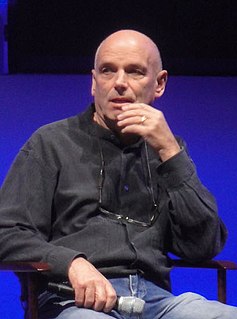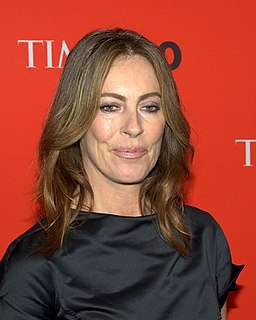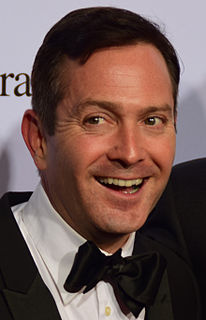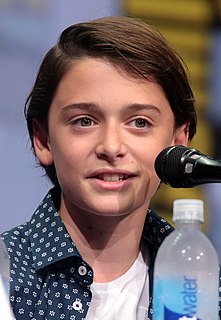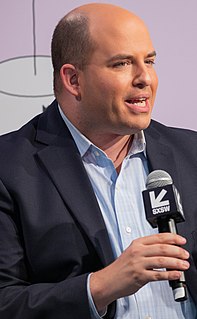A Quote by Joe Carnahan
There's a vast difference between marketing a movie and the movie itself. You try to cast as wide and broad a net as possible.
Related Quotes
The difference between this film [Your highness] and Pineapple Express was pretty much in the logistics of the technical ambition of the movie, and the size and scope of the movie. Pineapple Express was a great success, and that was something that we wanted to capitalize on, but we wanted this movie to be bigger, more adventuresome, bring a bigger audience to the movie, and challenge ourselves to do something new.
The one good thing about a movie and music and stuff like that: Sometimes it's a counterpoint between the movie and the music itself, the difference and the tension they build together. I think that could be something that helped with me, because when I write songs now, I write lyrics a bit like that. I try to make the music be an interesting twist on the lyrics and help tell the story in a - I don't tell crazy stories, you know? So a lot of times, the twist is in the subtleties. The twist is in the way the story's told.





